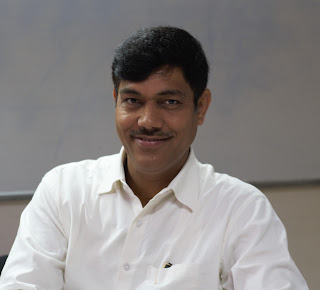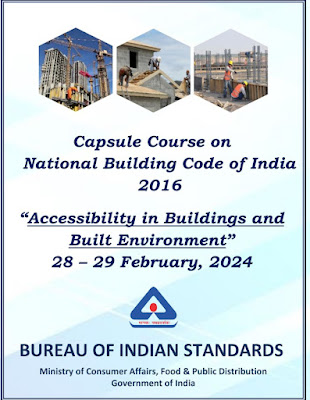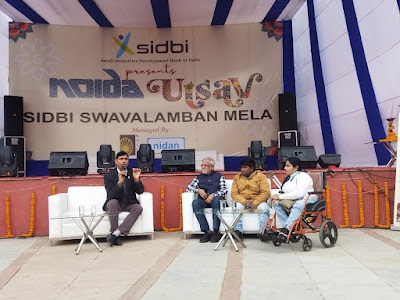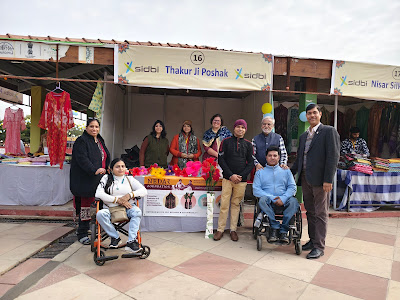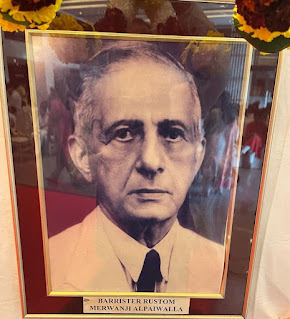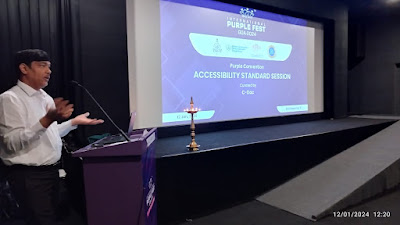On June 25, 2024, the Centre for Accessibility in Built Environment (CABE) Foundation had the privilege of spearheading a full-day training program for a batch of Assistant Commandant (Engineers) of the Central Reserve Police Force (CRPF) conducted by the National CPWD Academy(NCA). This session was part of a comprehensive 10-week technical training program designed by to induct these promising officers into their new roles. The experience was both inspiring and enriching, with a total of 19 officers benefiting from our focused discussions and hands-on learning activities. The training was led by Mr. Subhash Chandra Vashishth, Co-Founder & Director, CABE Foundation as the faculty.
Participants posing for a selfie with Mr. Subhash Vashishth
Key Areas of Focus
The training program aimed to equip these future leaders with essential knowledge and skills in several critical areas:
1. Disability Equity and Ableism: We explored the concepts of disability equity, the harmful impacts of ableism, and how to foster an inclusive mindset within their professional environments.
2. Disability Law and Policy Framework: Understanding the legal and policy frameworks that govern disability rights in India is crucial. We delved into the intricacies of these laws to ensure that our officers are well-versed in the legalities and can advocate effectively for inclusion of the needs of individuals with disabilities, older adults and children when they design or maintain buildings and campus of the police units.
3. Accessible India Campaign: This government initiative aims to make India more accessible to people with disabilities. We discussed the goals, achievements, and ongoing efforts of the campaign, emphasizing the role that these officers can play in supporting its objectives.
4. Universal Design in Buildings and Built Environments: Creating spaces that are accessible to all is fundamental to promoting inclusivity. We covered the principles of universal design and how to apply them in their engineering projects.
5. National Building Code of India and IS 4963 Updates: The National Building Code (NBC) is a comprehensive guideline for the construction of buildings. We examined the accessibility provisions within the NBC, including the latest updates to the Indian Standard 4963, ensuring that our officers are equipped with the most current knowledge.
Vibrant Energy and Commitment
The enthusiasm and energy displayed by these young officers were truly remarkable. Despite being only the second day of their intensive 10-week training, their eagerness to learn and engage with the material was palpable. This positive learning environment not only facilitated effective knowledge transfer but also inspired our trainers.
A Heartfelt Thank You
We extend our heartfelt gratitude to the National CPWD Academy for inviting us as a Resource Faculty for this vital training program. It was an honor to contribute to the professional development of these dedicated officers who will undoubtedly play a crucial role in shaping a more inclusive and accessible India.
- Stay tuned to our blog for more updates on our training programs and initiatives aimed at promoting accessibility and inclusion in built environments.






